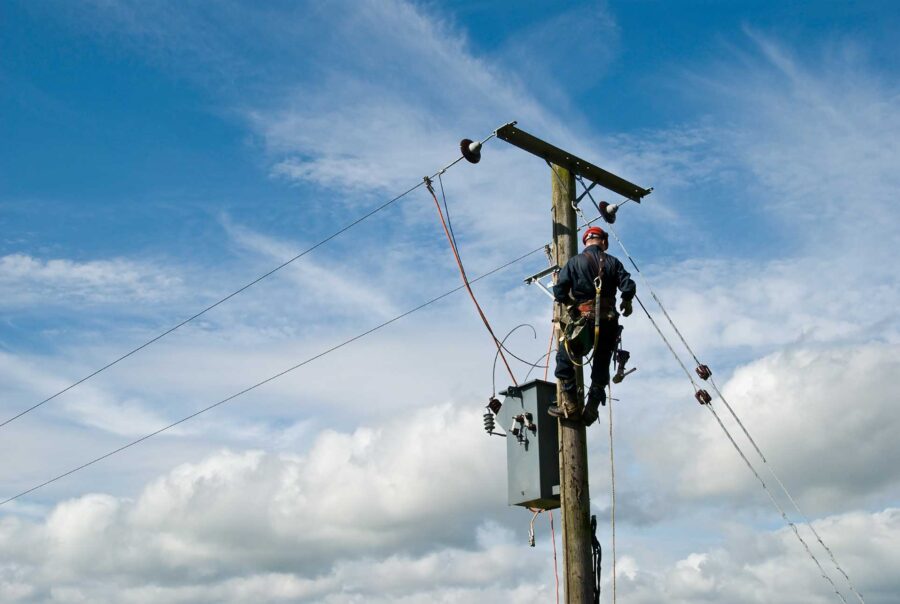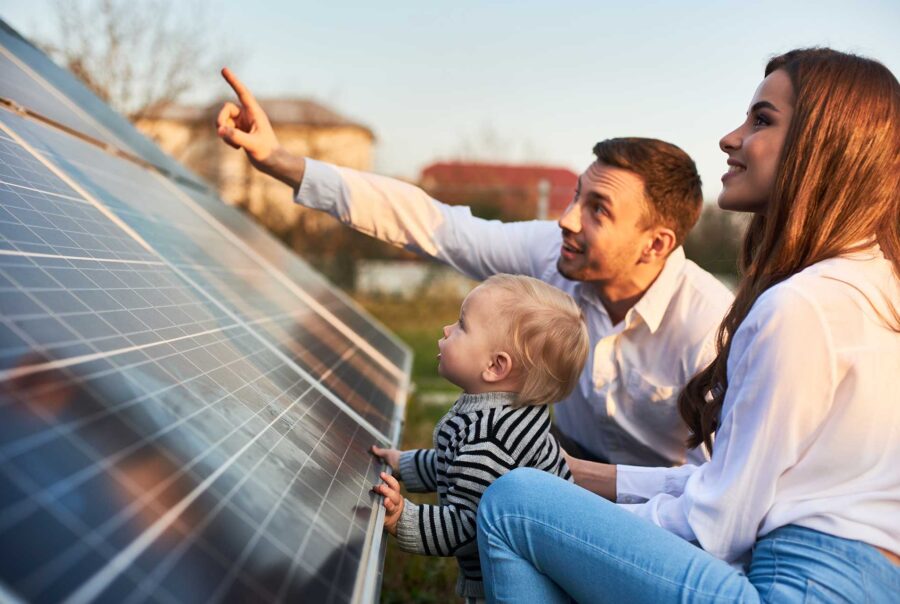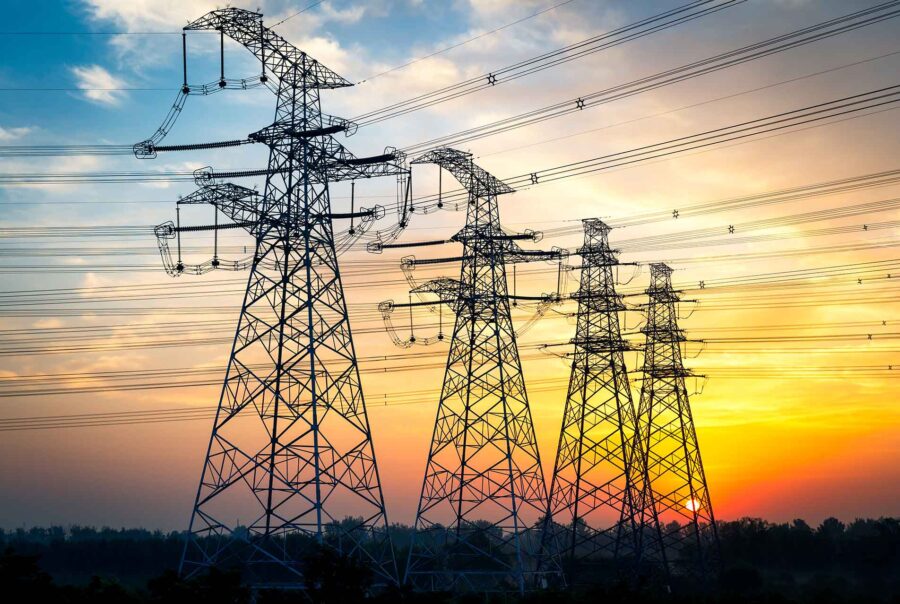Training
What is a Utility Rate Case?
A utility is a business providing a public service — natural gas, electricity, water — subject to special government rules. Natural gas and electricity utilities are granted monopolies to distribute energy in their service areas, and the amount of profit they are allowed to earn is regulated by the state.
Traditionally, utilities’ profits are a percentage of money invested in the distribution part of the system – how it delivers gas or electricity to buildings and provide service to the customer (end-user). A utility files a rate case to ask state regulators for permission to invest new money — and raise customers’ gas or electricity rates to recoup that investment. In Illinois, the regulator in charge of this decision is the Illinois Commerce Commission (ICC).
The ICC’s mission is to balance the interests of consumers and public utilities to ensure adequate, efficient, reliable, safe, and least-cost utility services, while promoting the development of an effectively competitive energy supplier market.
Questions that arise in rate cases include concepts open to interpretation: What is the “public interest”? What investments are “prudent and reasonable”? What is the meaning of Reliable? Safe? Efficient? Equitable?
New visions
Traditional rate cases center around a utility’s planned investment, but new visions for our current energy system consider other values: meeting state climate goals; addressing the health impacts of pollution in communities; looking at whether the quality of service is the same across neighborhoods; analyzing whether all customers can access clean energy.
Participating in rate cases
There are various ways to be part of the decision-making process at the ICC, but participation as an official “party” to cases is the only way to influence requests filed by utilities formally. Only testimony from parties to the case can be on the record, and only material officially on the record can be considered in decision-making. Still, building relationships with ICC commissioners and participating in stakeholder forums can be very influential when policies are being developed.
Community testimony
In 2022, Environmental Defense Fund pioneered a new technique: highlighting the critical, real-life experiences of community members as official, expert testimony in a rate case. Commissioners heard directly from community members about the effects of policy decisions — less reliable service (longer, more frequent outages) and poorer air quality — in their neighborhoods, where residents are more likely to be low-income, Black, and brown people. This evidence of inequality made a difference: The Illinois Commerce Commission stated that EDF and the Citizens Utility Board raised its awareness that environmental justice communities experience longer and more frequent power outages than wealthier communities, while also having fewer resources to withstand and recover from disruptions.
Illinois Rate Cases 2023
In January 2023, all three of Illinois’ gas distribution utilities filed rate cases with the ICC. At the same time, the state’s two electric utilities filed multi-year rate plans. Together, these five rate hikes would cost Illinois ratepayers an extra $1.8 billion every year.
The burden is on the utilities to convince the ICC that their requests meet a “just and reasonable” standard. The ICC’s final decisions are due in December 2023.
Fairness and equity goals
Throughout 2023 partners developed data and testimony to demonstrate that these large proposed rate hikes – especially those that will encourage fossil fuel use – are not in the best interest of customers, are inequitable, and do not align with state climate goals. Our goal, instead, is to accelerate an affordable clean energy transition, including directing investments to communities that have historically borne the highest burdens from the energy system, while enjoying the least benefits from it.
Rate case decisions must be made based on information or evidence introduced on the record by parties to the case through filings, discovery, and testimony.









